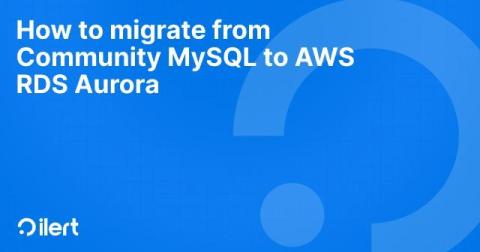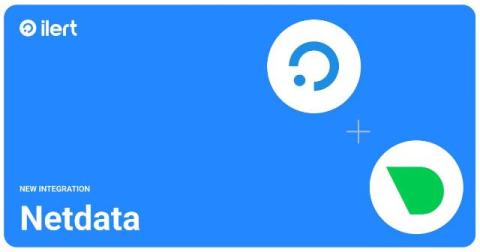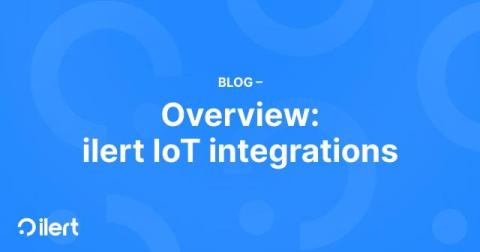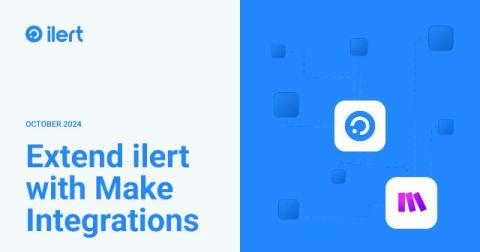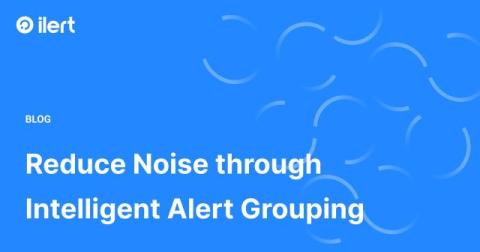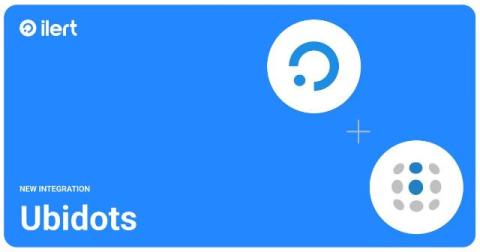How the ilert Team Achieved a Seamless Migration from Community MySQL to AWS RDS Aurora with Minimal Customer Impact
As our customer base and data demands grew exponentially over the years, scaling our database infrastructure became imperative. Our vision was to set up an active-active database architecture that would ensure regional independence and exceptional service quality globally. Here’s an in-depth look at how our team managed to migrate our production data to AWS RDS Aurora, incorporating cutting-edge strategies to minimize impact during the transitional phase.


